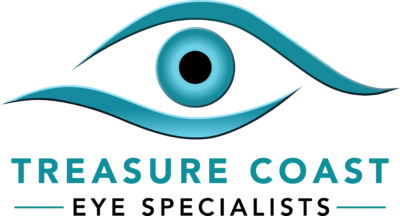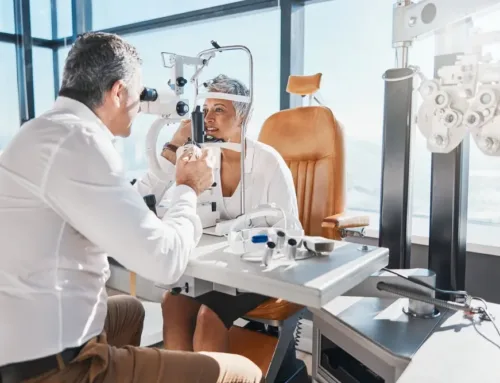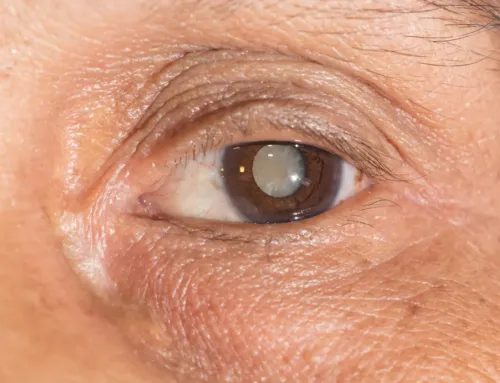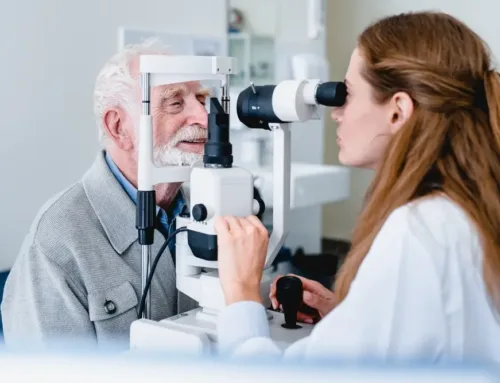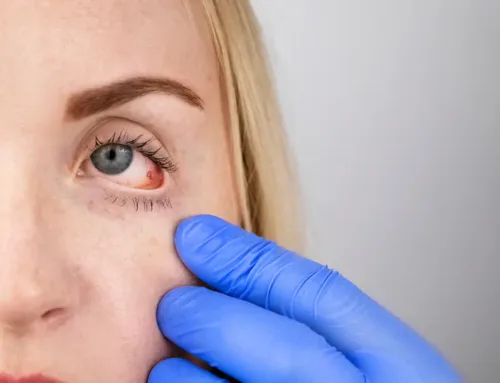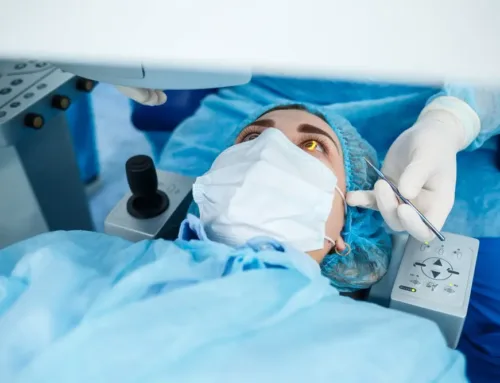Comprehensive eye exams are not only about finding the right prescription for your glasses or contact lenses. They are a crucial part of preventative health care, offering many benefits beyond the obvious. These exams involve a series of tests designed to evaluate your vision and check for various eye diseases. They can also identify signs of systemic diseases—conditions that affect the entire body. 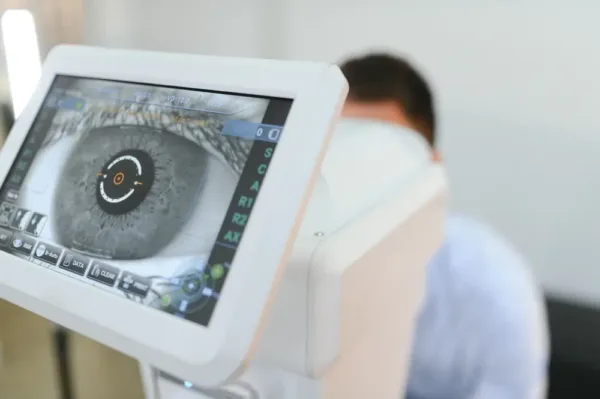
The Importance Of Regular Eye Exams
Regular eye examinations are essential because many eye and vision problems have no obvious signs or symptoms. As a result, individuals are often unaware that problems exist until it’s too late.
Early diagnosis and treatment of eye and vision problems can help prevent vision loss. Each year, nearly 25,000 Americans visit the emergency department due to a workplace eye injury. Regular eye exams are the safest and most effective way to reduce this alarming number, as many eye injuries can be prevented with safety glasses, which can only be prescribed accurately through an eye examination.
Regular eye examinations also enable your ophthalmologist to maintain an up-to-date record of your ocular health. This record allows them to detect any changes earlier than if you were to visit sporadically. The importance of this regularity is most evident when it comes to comprehensive eye exams that detect eye diseases.
How Eye Exams Detect Eye Diseases
Comprehensive eye exams play a pivotal role in the early detection and management of various eye diseases. These diseases can range from common conditions such as refractive errors and dry eyes to more severe ones like glaucoma and macular degeneration.
During a comprehensive eye exam, your doctor will conduct a series of tests. These tests may include visual acuity tests to measure how well you see at various distances, color blindness tests, cover tests to check how well your eyes work together, and retinal examinations to evaluate the back of your eye, including your retina, optic disk, and underlying blood vessels.
By performing these tests, your doctor can detect signs of diseases that affect the eye, such as cataracts, glaucoma, and age-related macular degeneration. For instance, during an eye pressure test, your eye doctor can detect glaucoma by measuring the pressure within your eye. Similarly, by examining your retina and optic disc, they can spot signs of macular degeneration.
Unmasking Systemic Diseases
A systemic disease is one that affects the body as a whole, often due to problems in one’s blood circulation or nervous system. Examples include diabetes, hypertension, and autoimmune diseases like lupus.
The eyes, particularly the retina, are full of small blood vessels. Anomalies in these vessels, such as narrowing, bulging, or leaking, can indicate systemic diseases like hypertension or diabetes. For instance, diabetic retinopathy, a condition where high blood sugar levels cause damage to the blood vessels in the retina, can be spotted during a comprehensive eye exam.
You might be surprised at the range of systemic diseases that can be detected through comprehensive eye exams. Besides diabetes and hypertension, other conditions include high cholesterol, multiple sclerosis, and even certain types of cancer.
High cholesterol can lead to the formation of plaques in your blood vessels, which can be seen in the tiny vessels in your retina. Multiple sclerosis, a disease of the nervous system, can cause inflammation of the optic nerve, which an eye doctor can detect during a comprehensive eye exam.
Certain types of cancer can also show signs in your eyes. For example, a type of skin cancer called basal cell carcinoma can appear on the eyelid, while certain brain tumors can cause vision changes that can be detected during an eye exam.
The Benefits Of Early Detection
The benefits of early detection of systemic diseases through eye exams are manifold. The sooner a systemic disease is detected, the better the chances are of managing it effectively and preventing further complications. Early detection can mean the difference between preserving your vision or losing it, managing your health, or suffering significant consequences.
By identifying signs of systemic diseases in the eyes, ophthalmologists can refer patients to relevant medical specialists for further investigation and treatment, thereby potentially saving lives. Early detection can lead to significant cost savings in health care, as managing a disease in its early stages is often less expensive than treating an advanced disease.
Prioritize Your Eye Health Through Regular, Comprehensive Eye Exams
Comprehensive eye exams are a cornerstone of eye health and overall wellness. They are instrumental in detecting eye diseases and systemic conditions, offering us an opportunity to address these issues early and effectively.
Don’t wait for symptoms to appear; prioritize your eye health and schedule your comprehensive eye exam today at Treasure Coast Eye Specialists in our Port St. Lucie or Stuart, Florida, office. Call 772-400-2400 or 772-286-0007 to book an appointment.

